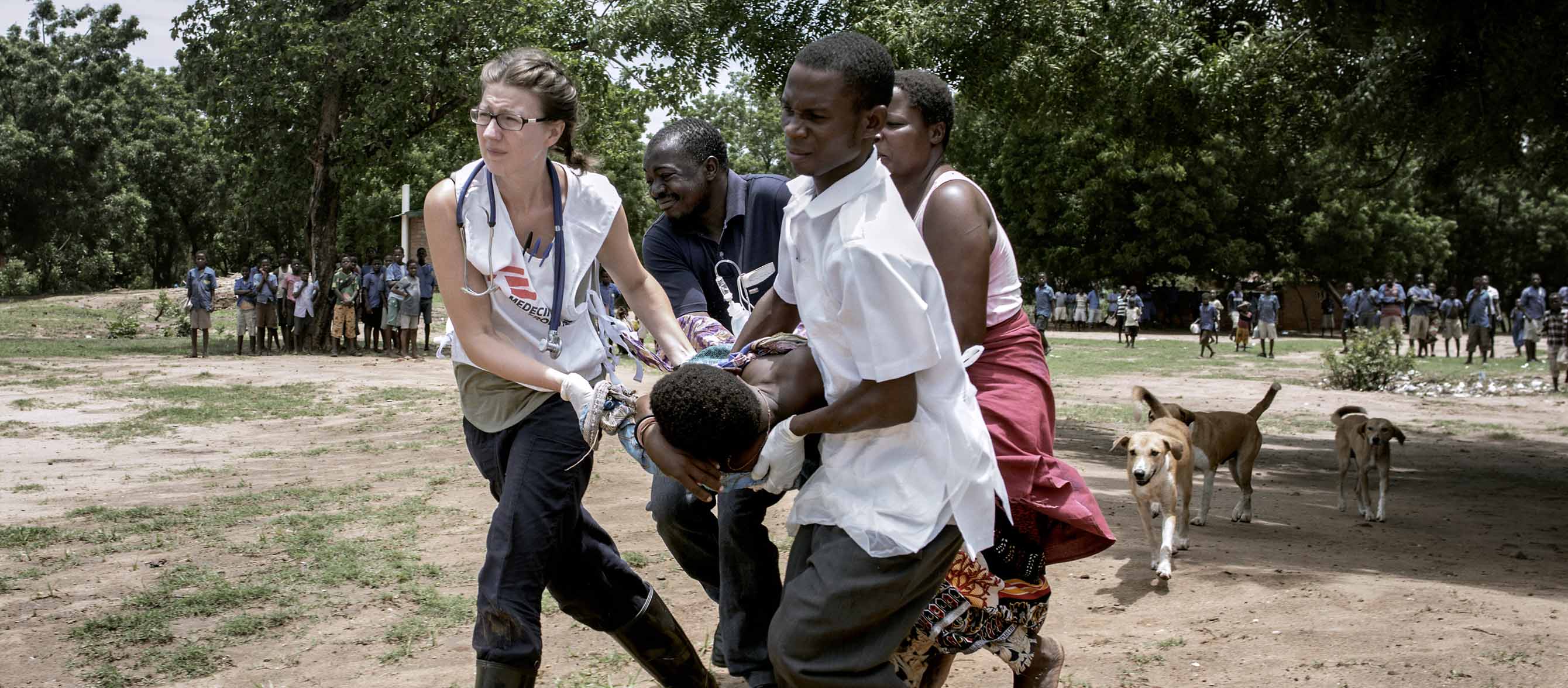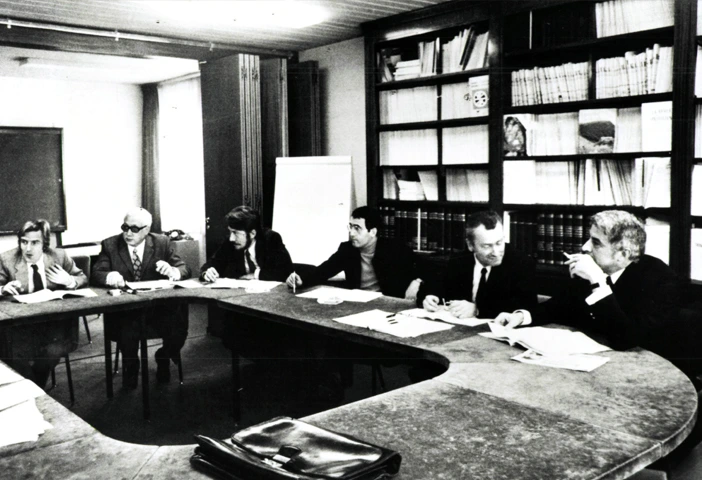Principles and Commitment
It is easy to write inspiring words to define an organisation's mission – it is much harder to put those principles into practice. At the core of Médecins Sans Frontières (MSF)'s identity is a commitment to our principles and core values. These ideals often require painful decisions, but they have driven every aspect of our work – from medical care and logistics to finance and communications – since MSF was established in 1971.
Principles and Core Values
We provide free medical care to people who need it the most. It doesn’t matter which country they are from, and regardless of their race, gender, as well as their political, economic or religious stances and interests. We give priority to those in the most serious and immediate danger.
Our Charter
MSF is a private international association. The association is made up mainly of doctors and health sector workers and is also open to all other professions which might help in achieving its aims. All of its members agree to honour the following principles:
Médecins Sans Frontières provides assistance to populations in distress, to victims of natural or man-made disasters and to victims of armed conflict. They do so irrespective of race, religion, creed or political convictions.
Médecins Sans Frontières observes neutrality and impartiality in the name of universal medical ethics and the right to humanitarian assistance and claims full and unhindered freedom in the exercise of its functions.
Members undertake to respect their professional code of ethics and maintain complete independence from all political, economic or religious powers.
As volunteers, members understand the risks and dangers of the missions they carry out and make no claim for themselves or their assigns for any form of compensation other than that which the association might be able to afford them.
Our Commitment
MSF considers itself a responsible employer and association, and this rests on the responsible behaviour of its members. We actively promote responsible behaviour and a working environment free of exploitation, harassment and abuse.
Within MSF, all members of staff and operational partners understand and adhere to the commitments below.
MSF offers ways for breaches to be reported at every level of the organisation and entail due consequences.
The below commitments are a minimum behavioural standard and they may be strengthened for particular roles or locations:
- MSF staff members and operational partners shall behave respectfully and not discriminate against patients, colleagues or members of the local population on the basis of their race, opinions, lifestyle, gender, sexual orientation, socio-economic background, origin, religion or beliefs and others markers of identity;
- MSF staff members and operational partners shall not abuse anyone physically (i.e. physical violence, sexual aggression or other form of physical abuse) or psychologically (e.g. bullying, abuse of power, harassment, discrimination or favouritism);
- MSF staff members and operational partners shall not accept, under any circumstances, behaviour that exploits the vulnerability of others, in the broadest possible sense (sexual, economic, social, etc.). This includes exchange of goods, benefits or services for acts of a sexual nature, including the use of sex workers' services while on assignment;
- MSF staff members and operational partners shall not accept child abuse, exploitation and violence and not engage in sexual relations with children;
- MSF staff members and operational partners shall not take advantage of their position for personal gain. Each member shall use MSF resources (including premises, goods, money, reputation, image etc.) with respect and care and in the interests of the organisation and the populations it seeks to assist.
Click here to read our 2023 update and figures on addressing abusive behaviours.




